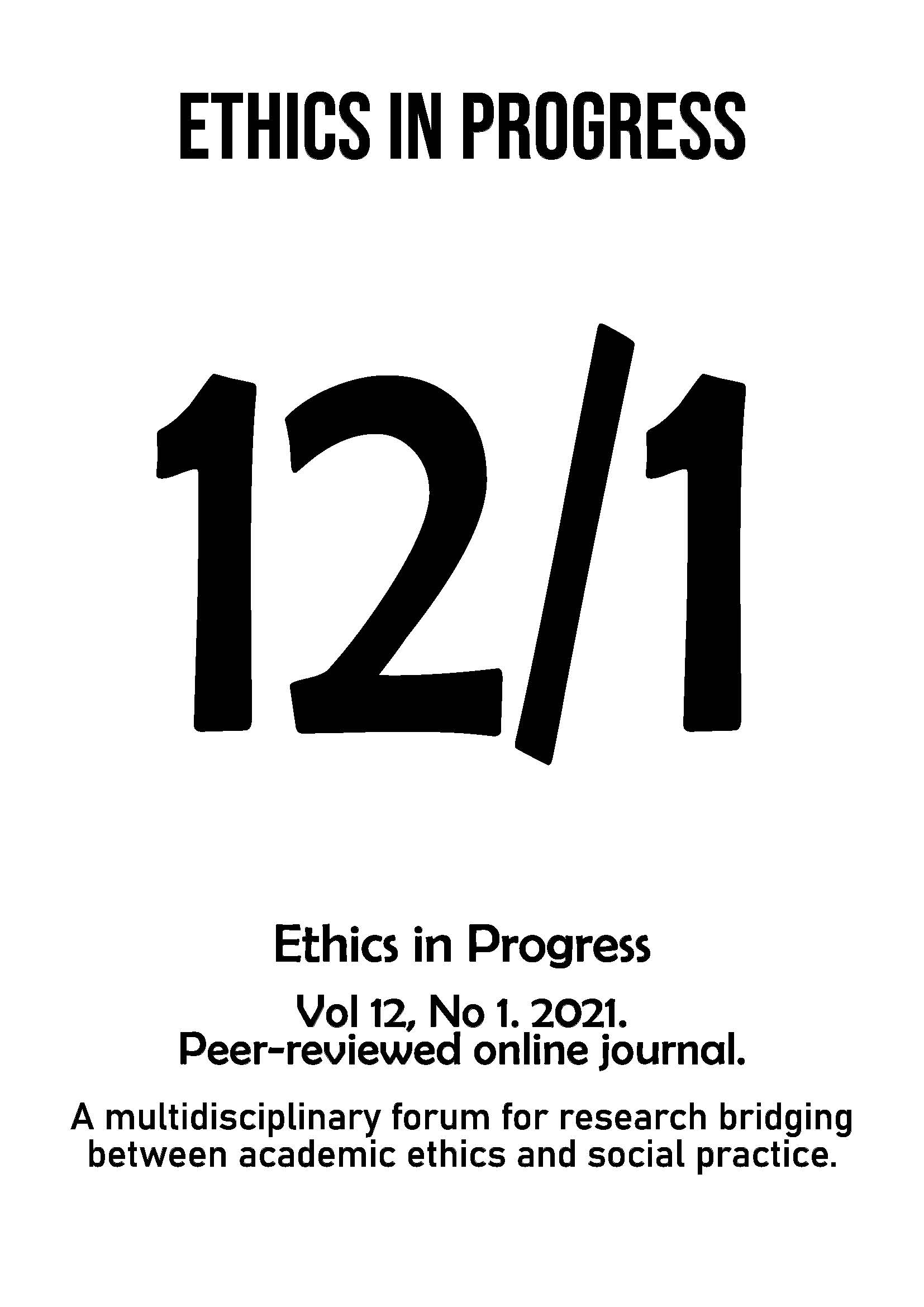Panic and the Lack of Moral Competence. How We Can Help to Prevent Panic Pandemics
Panic and the Lack of Moral Competence. How We Can Help to Prevent Panic Pandemics
Author(s): Georg LindSubject(s): History of Philosophy, Philosophical Traditions, Special Branches of Philosophy
Published by: Uniwersytet Adama Mickiewicza
Keywords: Moral competence; panic; pandemics; panic pandemics
Summary/Abstract: Often we have to decide on difficult problems and conflicts. For this, a certain level of moral competence is needed, in order to solve them as quickly and adequately as possible. Otherwise these problems and conflicts can overwhelm us, triggering a feeling of fear and panic, and making us react too slowly or inadequately, or both. Fear and panic can make us ignore problems and conflicts, attempt to “solve” them through brute force or deceit, or declare them to be beyond our responsibility and let an authority decide what to do. Often such makeshift solutions seem to work, but, more often, they have damaging effects. Therefore, society tries to curb criminal and anti-democratic activities through coercion, that is, through laws, law-enforcing institutions, and correction facilities – at high costs, and often with little efficacy. In this article I show that such coercion would not be needed if we gave all citizens an opportunity to develop their ability to solve conflicts and problems through thinking and discussion. Moral competence would immunize us against fear and panic, and thus also against immoral practices. Moral competence is not inborn in us, and it does not develop unless it is fostered through proper learning opportunities. Therefore, if we want to live together peacefully in a democratic society, we need to provide proper learning opportunities for everyone, not only of a few people. If the masses are infected by panic, a few rational people cannot stop this pandemic.
Journal: Ethics in Progress
- Issue Year: 12/2021
- Issue No: 1
- Page Range: 84-94
- Page Count: 11
- Language: English

